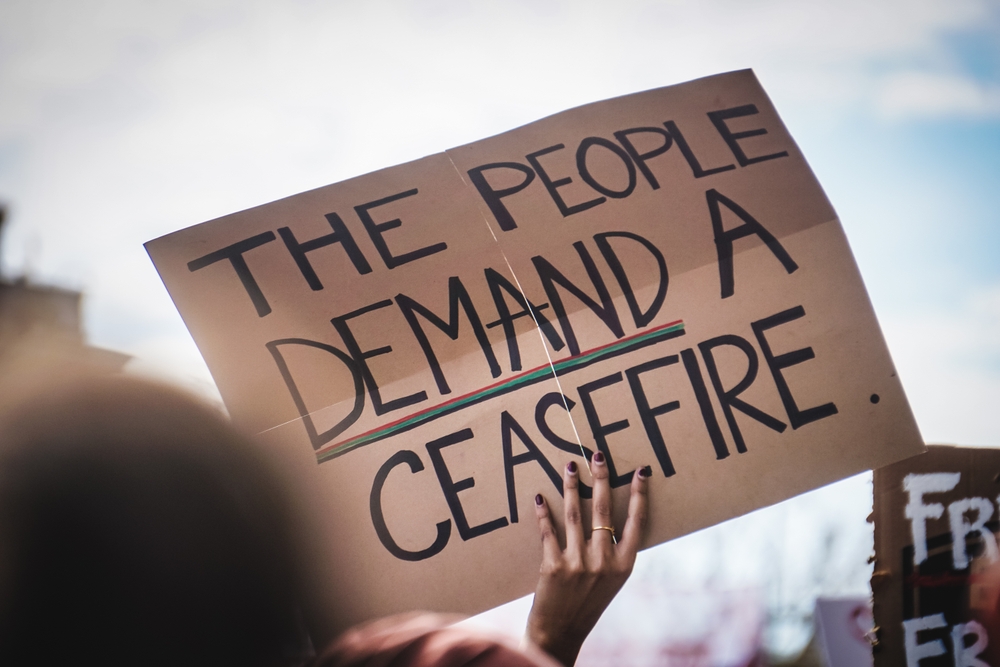The Israeli Security Cabinet has taken a pivotal step in recommending a ceasefire agreement to pause the 15-month conflict with Hamas in Gaza. Prime Minister Benjamin Netanyahu confirmed the deal, brokered by mediators Qatar and the U.S., which includes the release of hostages and a roadmap to humanitarian aid. The agreement now moves to the full Cabinet for final approval.
Negotiations Overcome Obstacles
After delays due to disagreements, Netanyahu announced that obstacles to the agreement were resolved. Mediators ensured Hamas’s commitment to the deal, easing anxieties among families of hostages and Gaza residents. The ceasefire, expected to start as early as Sunday, has already faced opposition from Netanyahu’s far-right coalition partners, potentially destabilizing his government.
Jaher Jabareen, head of Hamas’ prisoner affairs, stated, “The names of those expected to be released from Israeli jails will be published.” The Egyptian official added that negotiations included reopening the critical Rafah crossing between Gaza and Egypt.
Key Details of the Ceasefire
The agreement outlines a three-phase plan:
- Phase 1: Immediate release of 33 hostages over six weeks in exchange for Palestinian prisoners. Israeli forces will pull back from certain areas, allowing displaced Palestinians to return and receive humanitarian aid.
- Phase 2: Further hostages, including male soldiers, to be released under more complex negotiations.
- Future Considerations: Discussions on Gaza’s governance and reconstruction, a daunting task requiring international cooperation.
Netanyahu’s task force has already prepared to receive hostages, signaling the urgency of this historic agreement.
Domestic Resistance Threatens Stability
Hard-line national security minister Itamar Ben-Gvir declared his intent to resign if the deal proceeds, stating, “If the ‘deal’ passes, we will leave the government with a heavy heart.” Although his departure wouldn’t immediately derail the agreement, it could weaken Netanyahu’s government amid these critical negotiations.
Broader Impact of the Conflict
Since Hamas’s October 2023 attack, which left over 1,200 Israelis dead and hundreds captive, Israel’s military response has devastated Gaza, with over 46,000 Palestinians reported dead. This conflict has destabilized the Middle East and ignited global protests, underscoring the importance of a ceasefire.
Despite objections, the full Cabinet is likely to approve the agreement. The ceasefire offers a glimmer of hope for de-escalation and humanitarian relief. However, the path forward remains fraught with challenges, particularly regarding Gaza’s future governance and the remaining hostages.
The proposed ceasefire marks a significant step toward ending a devastating conflict, with the potential to save lives and foster peace. As negotiations continue, the world watches closely, hoping for stability and resolution.


